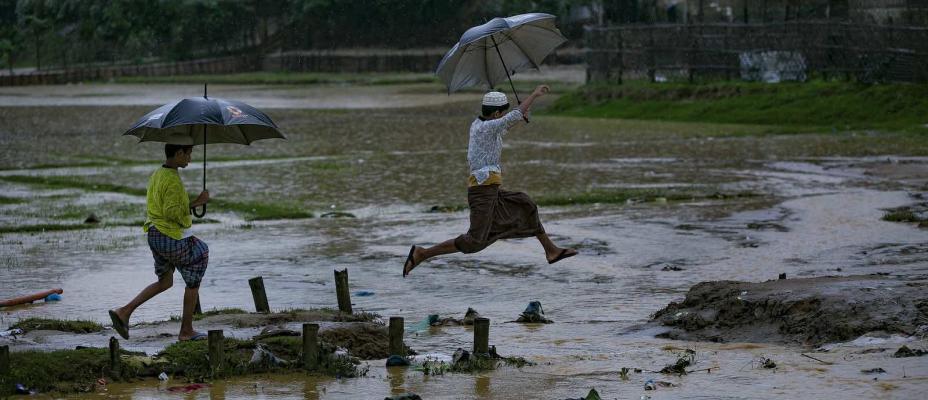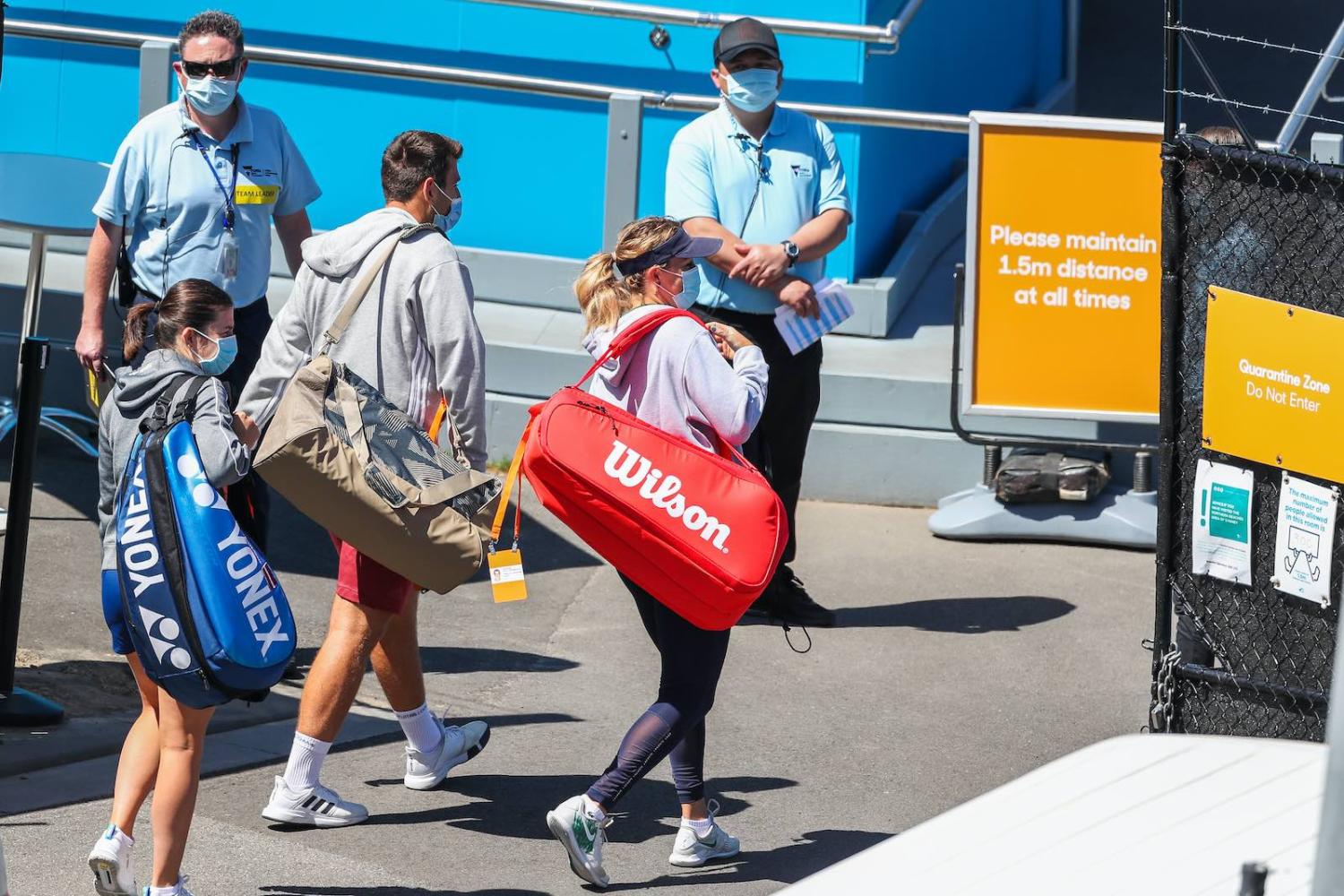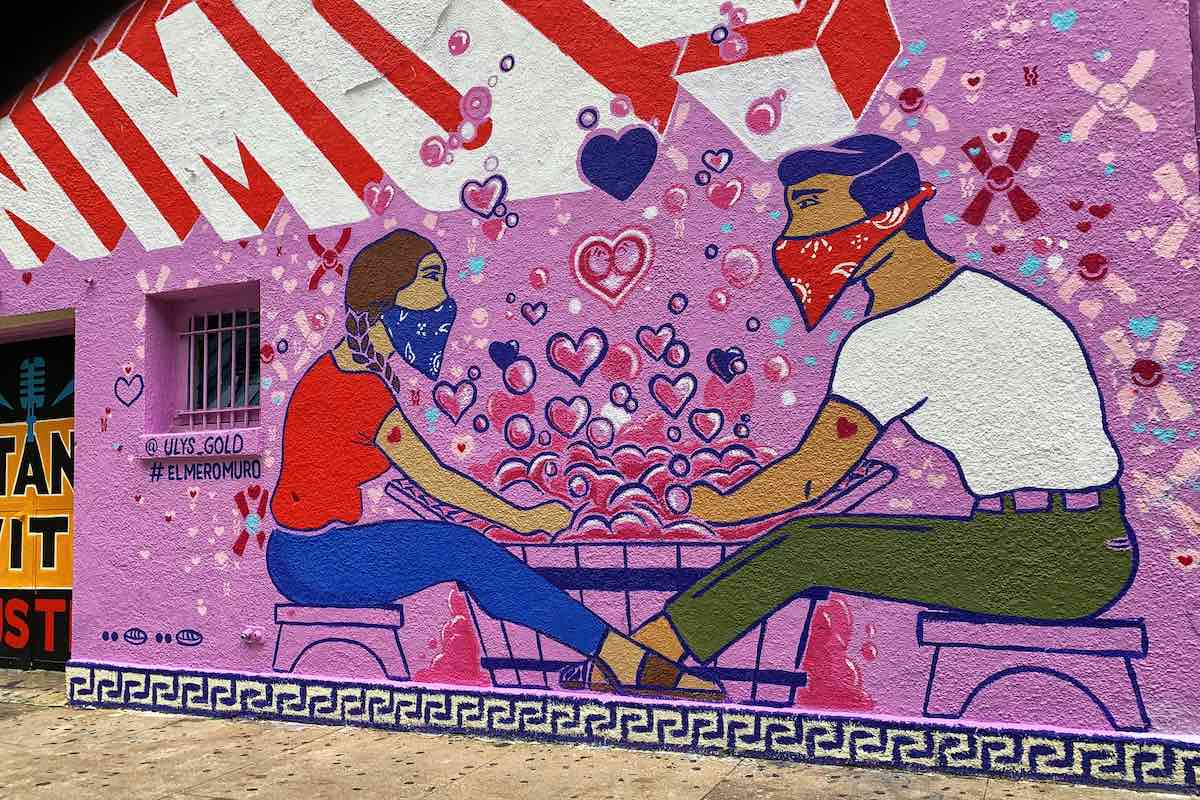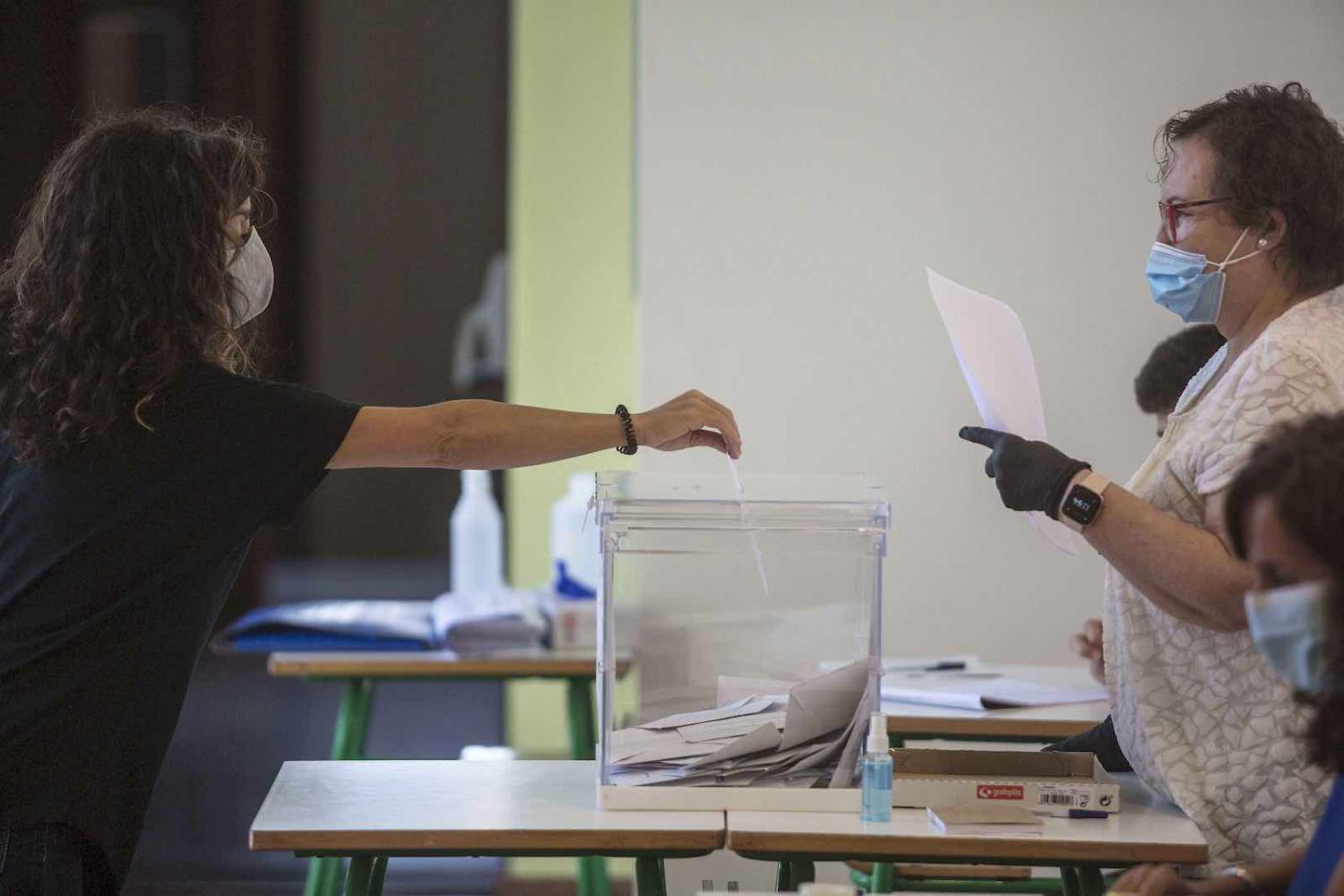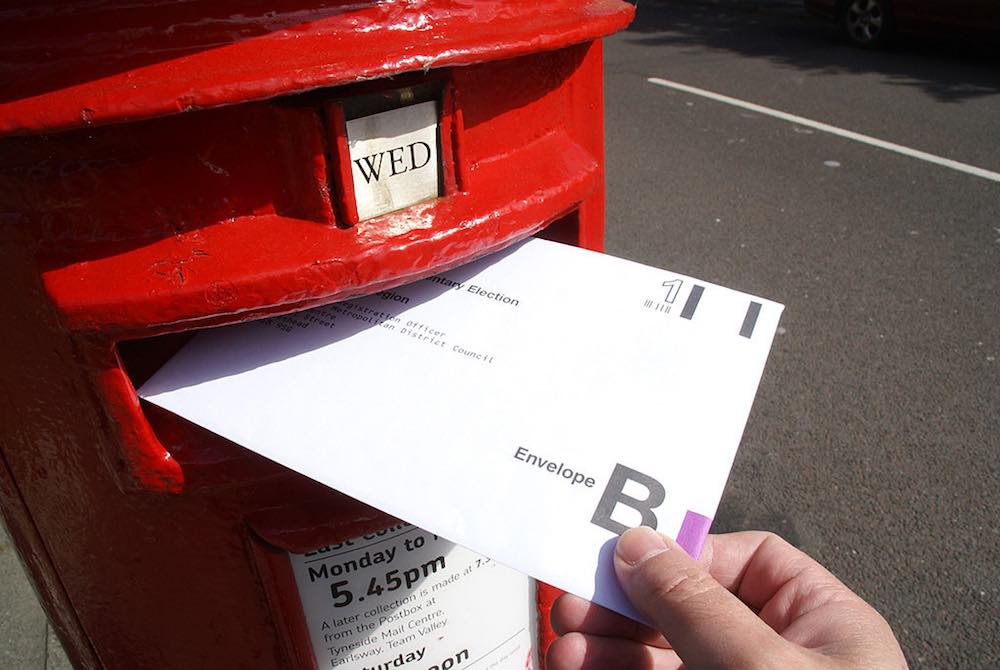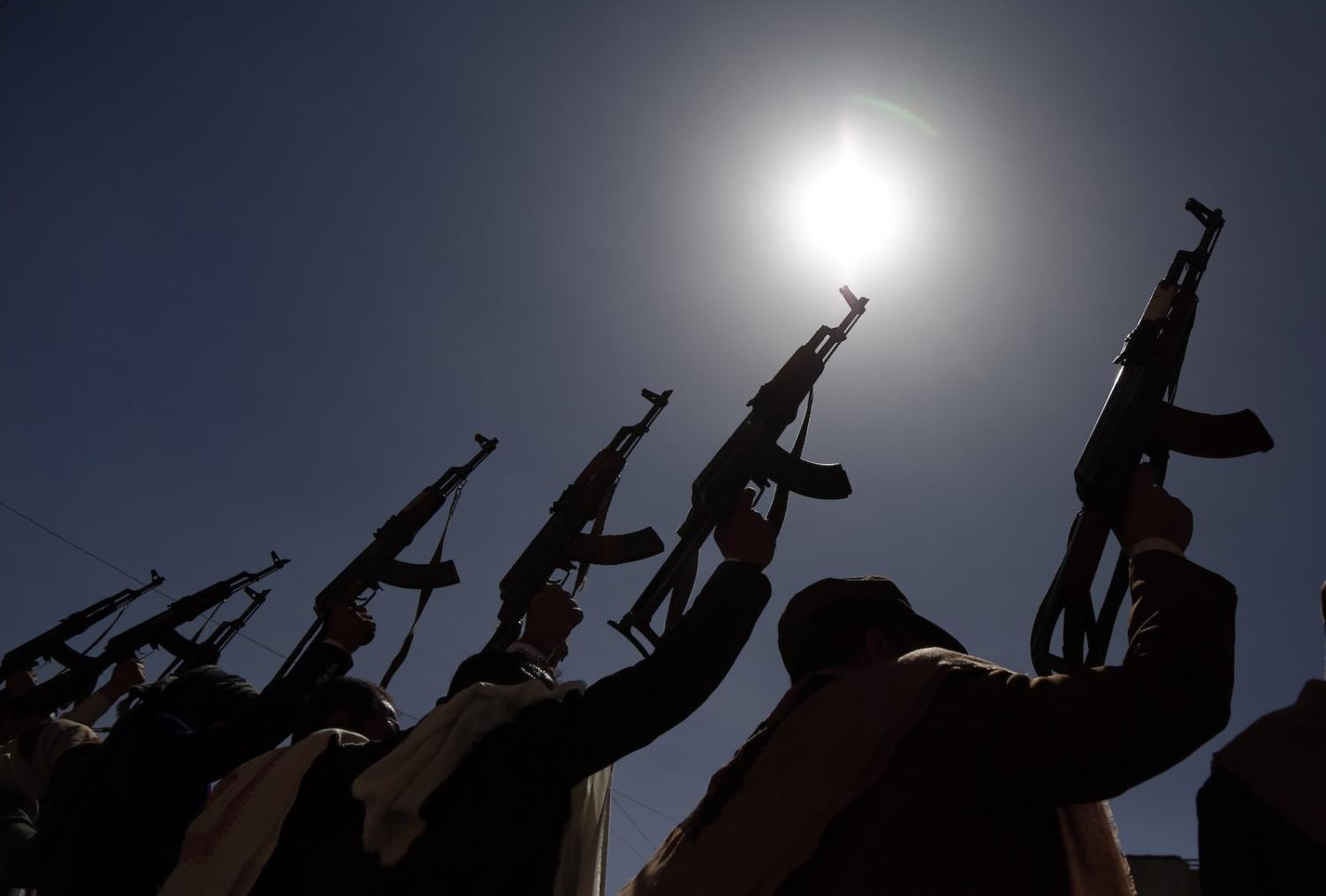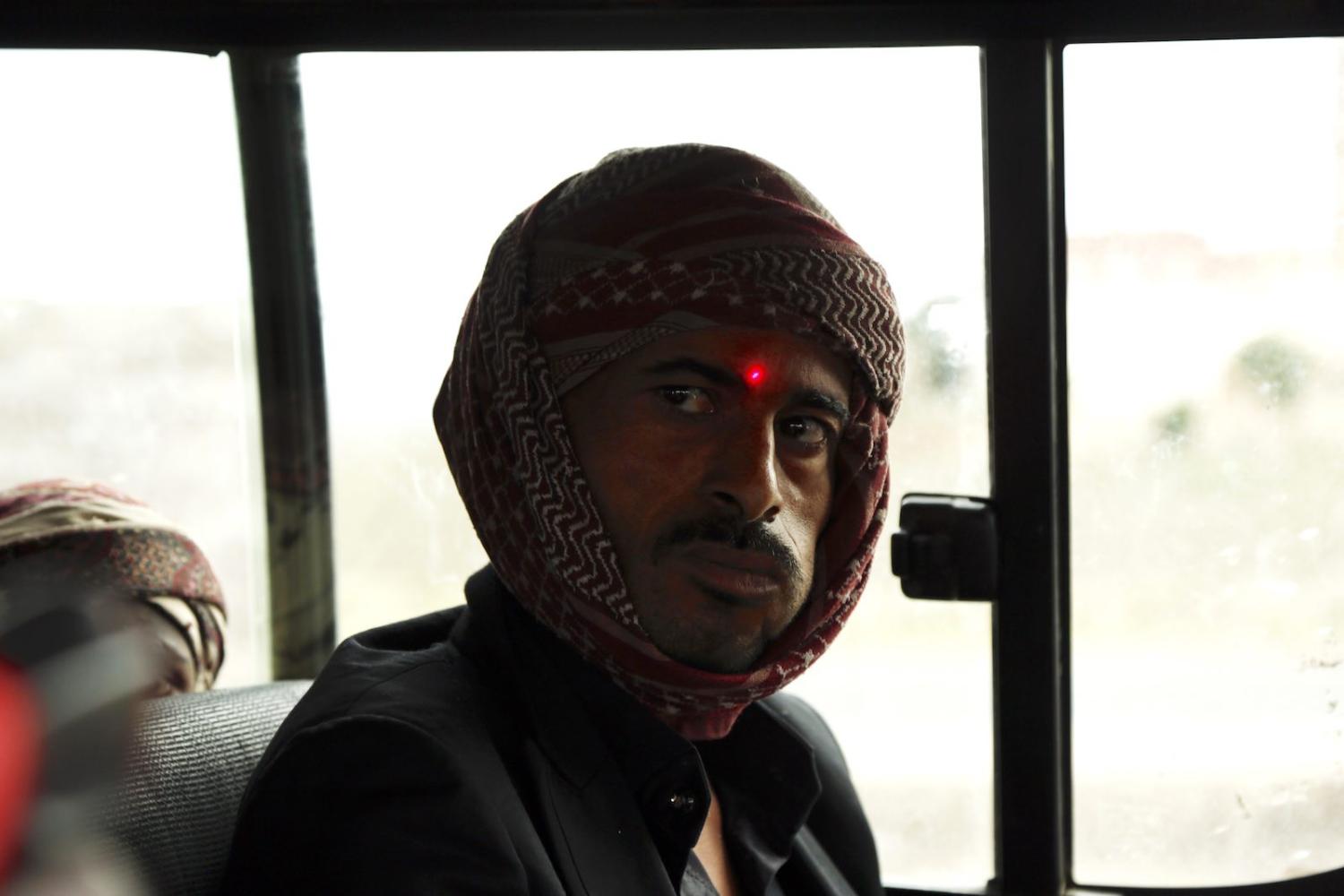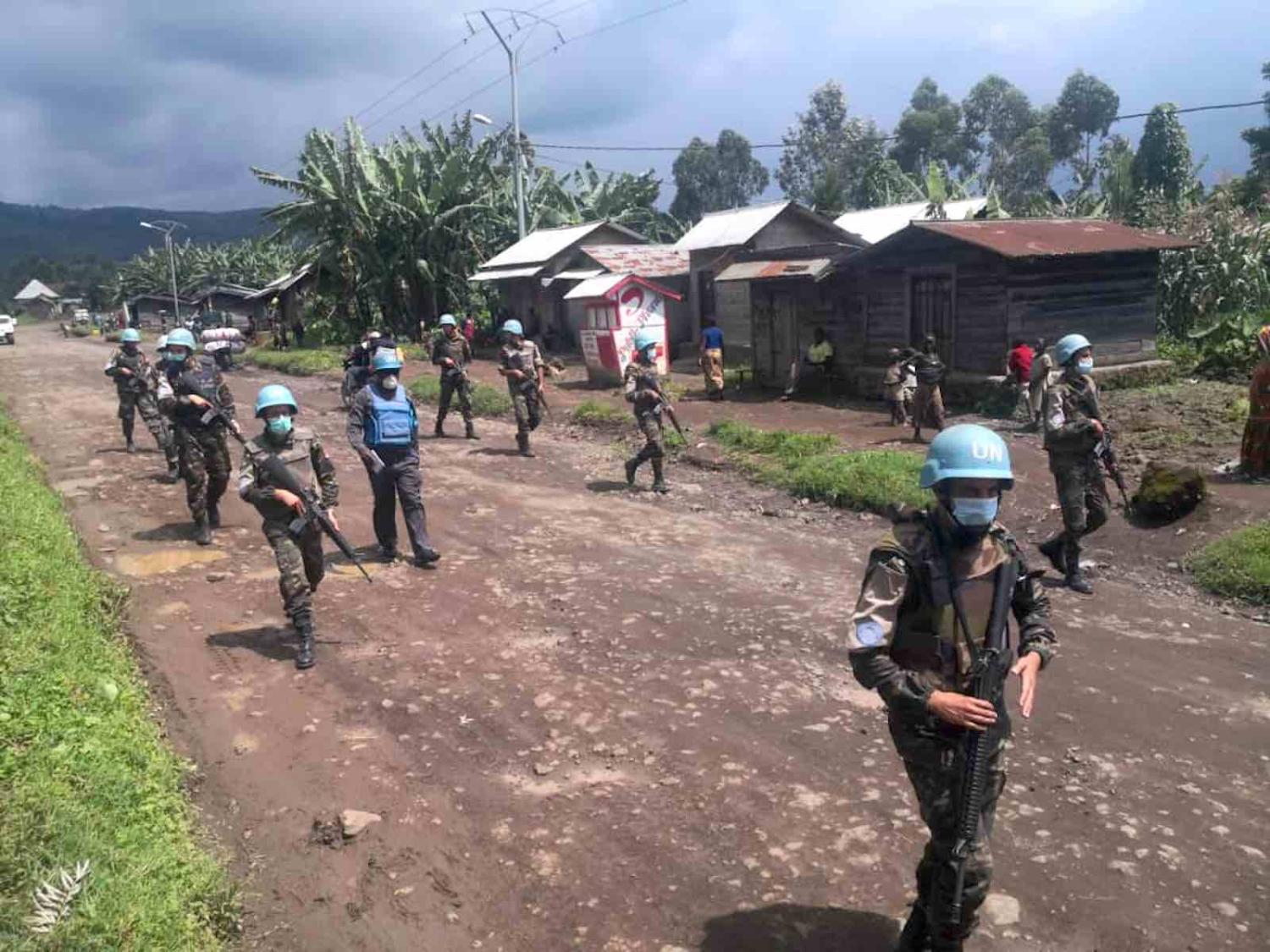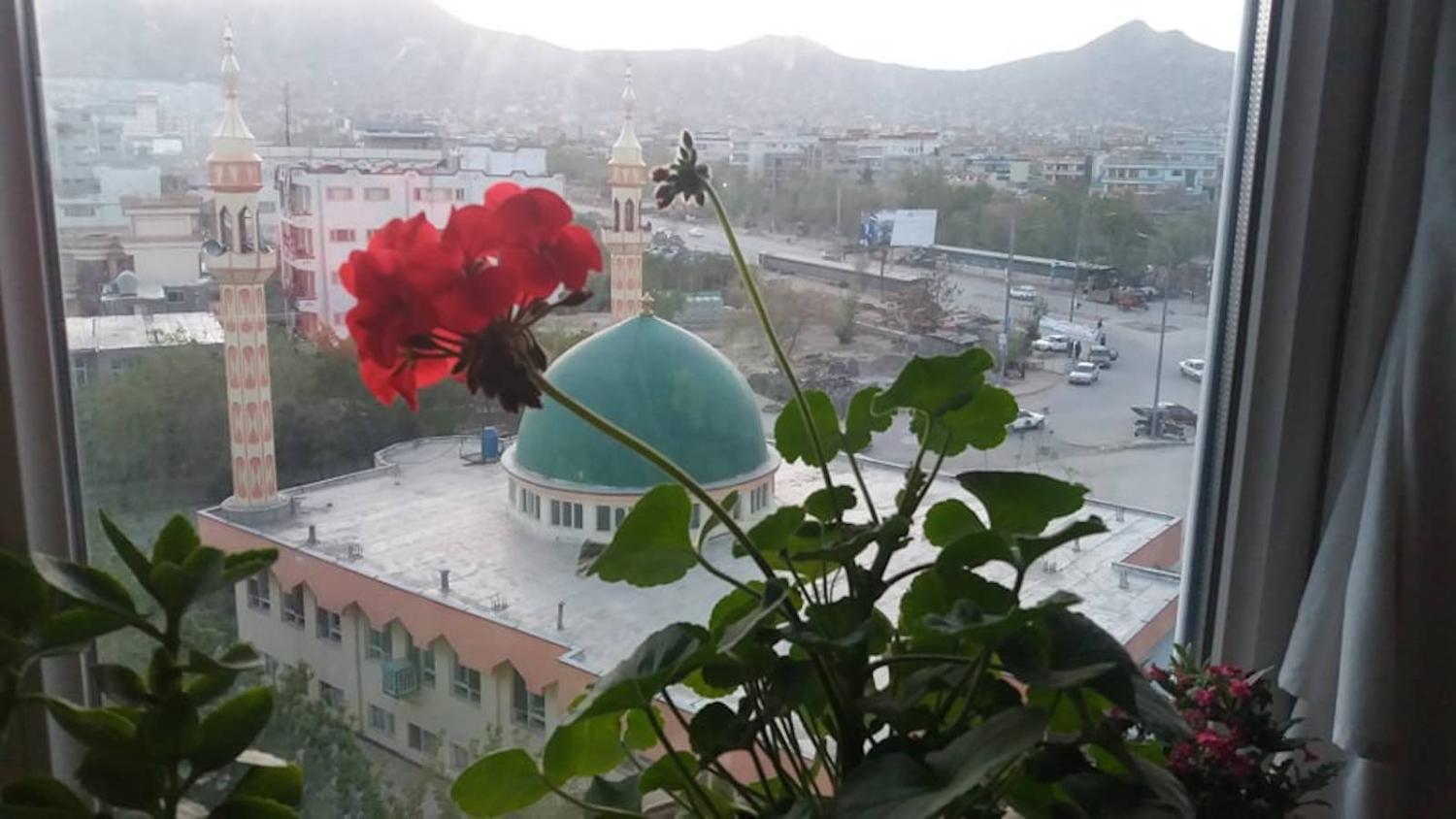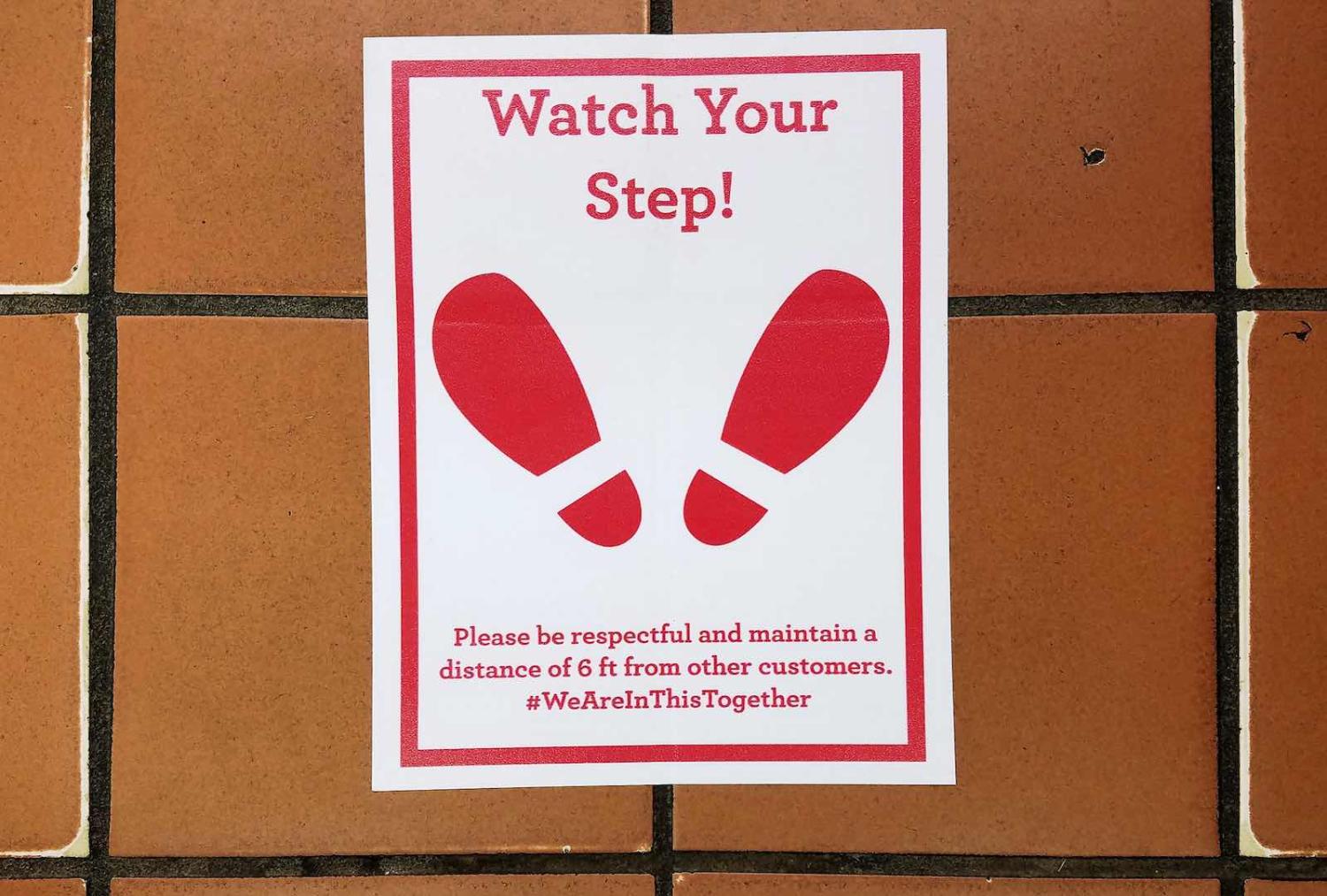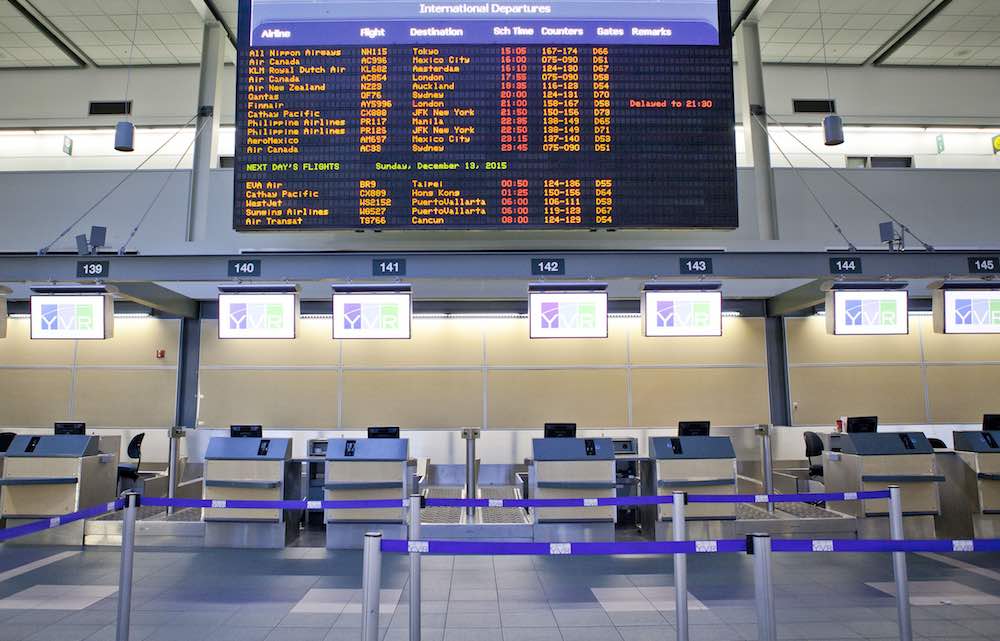Focus on the upcoming Australian Open tennis tournament these last few weeks in the local media has been intense. Still, it’s possible that Olympics officials in Japan are monitoring the first tennis Grand Slam event of the year even closer than we are in Australia.
As tournament organisers struggle to quieten tweeting tennis players in quarantine hotels in Melbourne and Adelaide, in Tokyo, sports officials are doing everything they can to keep the Olympic dream alive. Especially after the recent story from The Times, citing an unnamed source, which suggested that the Japanese government has already secretly decided the Games can’t go ahead (a report since denied).
This year, the Olympics and the Australian Open are united by a common opponent: Covid-19. These two major international sporting events have a few other traits in common, as well. Both involve international athletes, coaches and media, potentially travelling in from coronavirus hotspots around the globe.
The Australian Open is also an important chance for Olympic organisers to convince themselves that major sports events can take place safely.
Australian Open organisers chartered flights from three international airports to bring in around 1200 international athletes and media. The Olympics will have to deal with a similar issue, albeit on a grander scale: more than 200 countries and territories are represented and 11,000 athletes are due to take part.
Both events are lengthy affairs, too. Different to a one-off football final, the Australian Open and the Olympics take weeks to complete rather than a single evening. The health risks posed by potentially infected athletes, coaches and media is presumably higher as they hang around for longer and have more interactions with locals. At both events, in-stadium crowds are also planned.
Tokyo organisers have also said that the viability of the Games, which are due to start on 23 July, will not be dependent on the availability of a vaccination or athletes. That’s another shared trait with the Australian Open where, presumably, no one taking part will have had a Covid-19 jab (or maybe want one). Melbourne Park is not a good place for aching arms, after all.
For all these reasons and more, the Australian Open, due to start on 8 February, is an ideal dry run for Japan and the International Olympic Committee (IOC). Some five months ahead of the Games of the XXXII Olympiad, it gives all those involved in Tokyo a chance to observe what works and what doesn’t at a comparable international sports event.
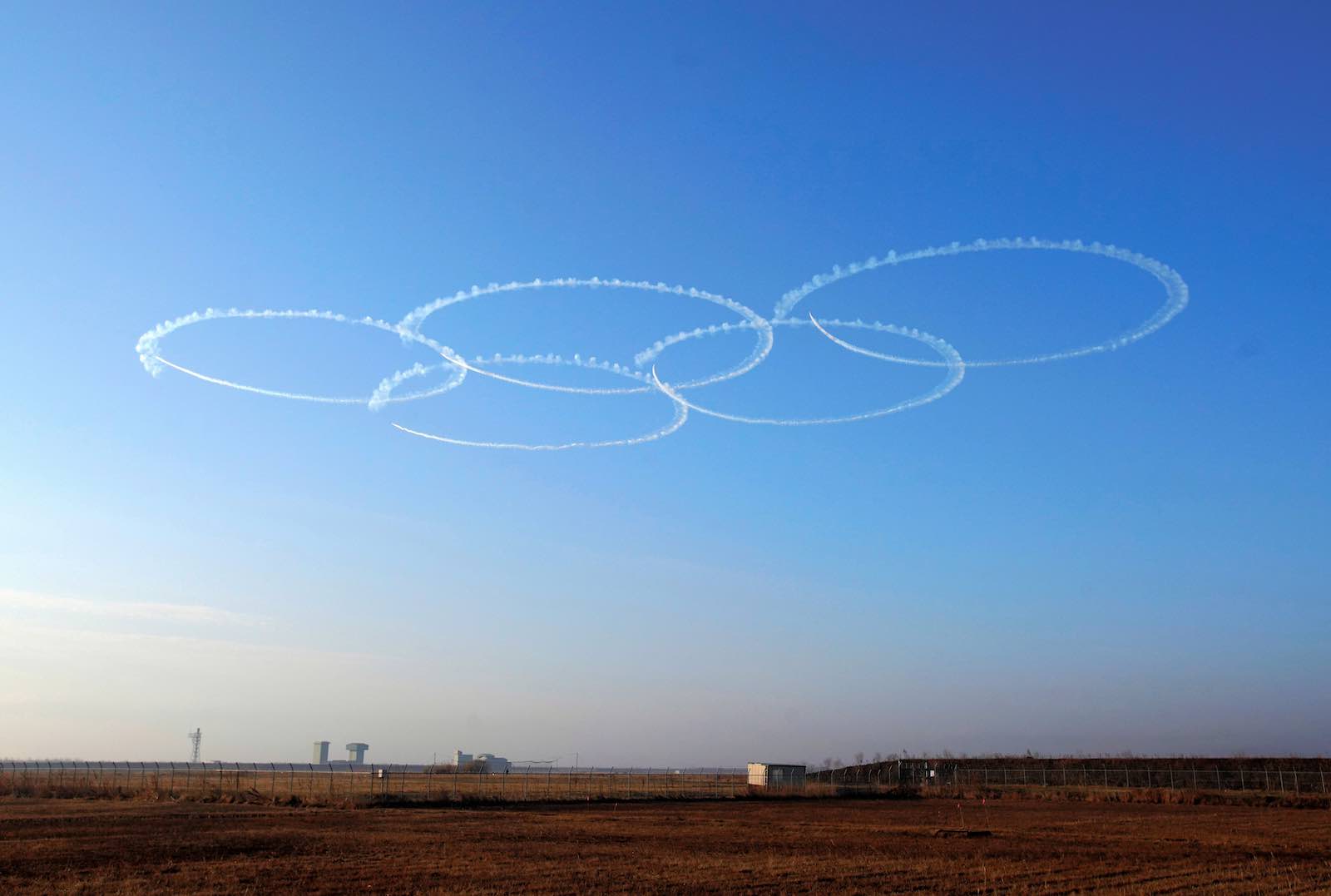
The quarantine issue is a considerable challenge for instance. So far, the Australian Open’s 14-day hotel lockdowns have attracted plenty of criticism from tennis players. It’s hardly surprising in this social media age, where gripes are seldom kept behind closed doors. This shouldn’t be too much of a problem for Tokyo organisers, after they decided that athletes will be limited to arriving in Japan just four to five days ahead of their event and then leave within 48 hours of completion.
At the Olympics, athletes will be tested when they leave their home country and on arrival in Japan. That’s less rigorous than Australia’s testing regime, which takes place throughout the quarantine period. Japanese health officials hope these steps will be enough to stop the more contagious UK-variant of the virus from hitting the country, where Covid-19 cases are already soaring. But upscaling the Australian quarantine model is worth keeping in mind.
The Australian Open also gives Tokyo and IOC officials a chance to review their public relations tactics, too. Should an Australian Open participant set off a Covid-19 outbreak in Melbourne, Victorian Premier Daniel Andrews will no doubt front the cameras and receive a grilling by local media. This will give Tokyo organisers important insight into communications around a mid-tournament outbreak. Anecdotally, Tokyo Olympic Committee (TOCOG) press conferences so far have been confusing, haphazard affairs. Olympics media representatives are not known for their media transparency once the games begin, either.
The Australian Open is also an important chance for Olympic organisers to convince themselves that major sports events can take place safely, even when crowds are involved. After all, there’s a lot on the line in Tokyo.
Japan’s spending on the delayed Olympics is now believed to have hit $20 billion, with the figure rising daily. Part of that cost involves paying compensation to the buyers of apartments in the athletes’ village, which were meant to be handed over to residents months ago. Its TV rights contract with US broadcaster NBC is reportedly worth around $1.3 billion alone. That would be in jeopardy if the games were to be cancelled. Should the games not proceed, the insurance claim will be astronomical, and not even that likely to succeed.
Undoubtedly, dealing with Covid-19 is one of the toughest challenges for any sports administrator and athlete. There are many competing interests that need to be weighed up, constantly. Even worse, in contrast to the high bounce of a Rafael Nadal second serve or a fast-finishing Usain Bolt, the opponent this time around is totally unpredictable. All the more reason for Olympic organisers to keep a close eye on events at Melbourne Park, just like most of us Aussie tennis fans will be this summer. (Go Ash!)
